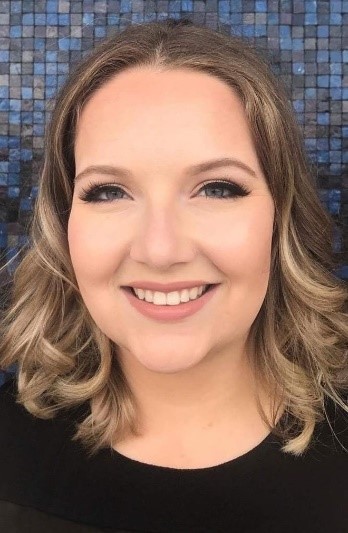Posted • Last updated
Closed
Open to Patient partners in Metro Vancouver
Last updated
Do you have suggestions to improve online mental health resources for those that come from culturally diverse backgrounds? We want to hear from you!
The study Exploring cultural responsiveness in e-mental resources for depression and anxiety (CREDA) is interested in understanding the experience culturally diverse people have with technology-delivered mental health resources, also known as e-mental health, to support their wellbeing.
This research aims for a better understanding of what technology delivered mental health resources are like for someone like you, and in doing so give us a better idea of how we can create effective services for mental health in our community.
Eligibility:
1) Are searching for resources for anxiety and depressive symptoms
2) Are over the age of 19
3) Can speak and read/write in English on your own or with assistance
4) Identify as a visible minority
5) Are a BC resident within Metro Vancouver Regional District
If you decide to participate, you will be asked to complete a survey. The survey will also ask if you are interested in participating in a focus group interview for an additional part of the study. The survey will take about 10 to 20 minutes to complete. The focus group will be scheduled later and place that is convenient for you and should take approximately 45 to 75 minutes of your time.
Please go to the online survey here: http://bit.ly/ubccreda.
Contact:
Shawna Narayan, Researcher, Faculty of Medicine at shawna.narayan@ubc.ca.

